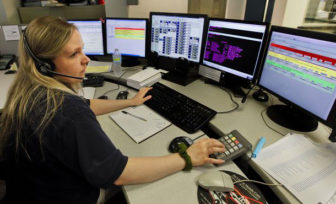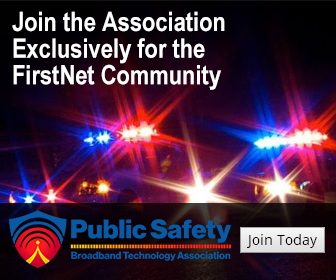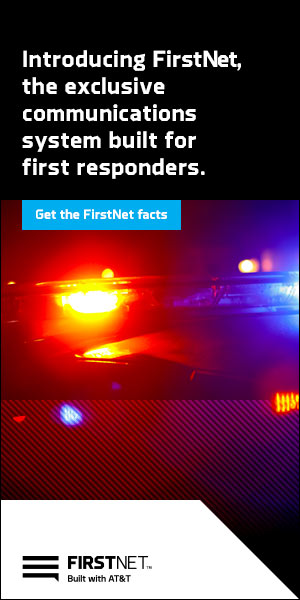
by AllThingsECC.com | Sep 22, 2021 | Articles, Comm Center News
Video and Data Analysis Address Risks for Responders
Several key technologies could help to support efforts by police to offload calls that don’t require a law enforcement response.
IDC Worldwide Research Vice President for Public Safety Alison Brooks points to video as a possible enabler. Police could, for example, use a livestream to give mental health professionals eyes on a scene — a potentially safer way of accessing those insights.
“In the traditional ride-along with mental health support, you’re putting that person in the police car and possibly exposing them to an element of danger,” Brooks says. With a video consultation, police can pull in the experts without putting them at risk.
Data analytics may also play a role in driving alternative responses by helping law enforcement understand which approaches work best for different types of calls. “You can use data to shift the response models so that the right people are actually intervening at the right time, including the social services folks,” Brooks says…
by AllThingsECC.com | Sep 21, 2021 | Articles, Comm Center News
Washington Military Department Joins FirstNet® – America’s Public Safety Network
New Technologies Expand Our Capabilities to Better Serve the State of Washington
The Washington Military Department is connecting its disaster response and emergency management teams to FirstNet – the only nationwide, high-speed broadband communications platform dedicated to and purpose-built for America’s first responders and the extended public safety community. With this tech advancement, our state’s first responders and emergency management teams will be equipped with new capabilities and reliable access to critical information while in the field, allowing them to better serve those who live, work and visit Washington…

by AllThingsECC.com | Sep 20, 2021 | Articles, Comm Center News

911 dispatcher. Photo by Scary Side of Earth via Flickr
Underfunding and understaffing cripple 911 call centers across the country, and increase the likelihood that incomplete or inaccurate information will trigger a fatal response from police, according to researchers.
Harold Pollack, co-director of the Transform 911 project, said the lack of resources was complicated by the fact that emergency dispatch centers often aren’t on “equal footing” with law enforcement, fire departments, and emergency medical services — a disparity that further undermines their effectiveness.
An average 911 call lasts about ten minutes — not nearly enough time to talk a caller through a mental health crisis, he said…
by AllThingsECC.com | Sep 17, 2021 | Articles, Comm Center News
After the article about the lack of data interoperability across the FirstNet (Built with AT&T) network appeared last week in the Advocate, I received comments indicating that serious work has indeed been undertaken to address this issue. I hope to be able to provide more information in coming weeks.
Meanwhile, the Federal Communications Commission (FCC) has been busy. After its September meeting, it appears that a Further Notice of Proposed Rulemaking (FNPRM) for the 4.9-GHz spectrum will be released for comments. The FCC will also act on the 6-GHz sharing of licensed microwave with unlicensed Wi-Fi 6 users…
by ECC Editor | Sep 16, 2021 | Articles, Comm Center News
A next-generation 911 would allow the nation’s 6,000 911 centers to accept texts, videos and photos.
The big picture: U.S. emergency communications have remained stubbornly analog, but Congress is about to take another run at dragging 911 into the digital age.
Why it matters: Giving people ways to reach 911 beyond voice calls could save citizens’ and first responders’ lives.
Driving the news: Sen. Amy Klobuchar (D-Minn.), co-chair of the Senate Next Generation 9-1-1 Caucus, and Sen. Catherine Cortez Masto (D-Nev.) announced a bill Thursday that would create a $10 billion federal grant program for upgrades to the nation’s 911 centers… READ MORE
by AllThingsECC.com | Sep 15, 2021 | Articles, Comm Center News
Imagine this: you’re outside hanging around with a friend or a loved one you know happens to struggle with mental illness or addiction. They’re having what appears to be a mental breakdown and have told you that they are hallucinating and that they’re thinking of killing themselves.
Your first thought is to call 911. You explain the situation to the dispatcher and ask if there’s any way they could send someone to help. The operator says they’ll see what they can do and stays on the phone with you.
So, who do you think shows up? …





